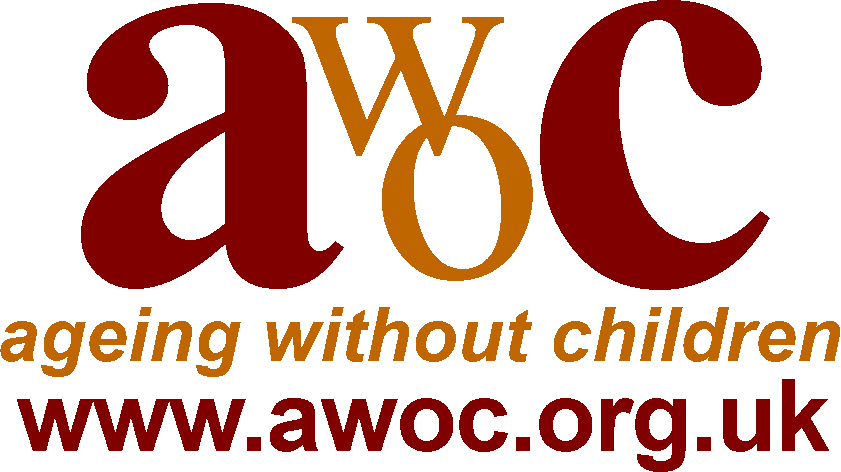Last week the Nuffield Trust and the Kings Fund published Home Truths which looked at the state of social care for older people. It highlighted yet again the parlous state of the social care sector saying
“The social care system in its current form is struggling to meet the needs of older people. Six consecutive years of cuts to local authority budgets have seen 26 per cent fewer people get help. No one has a full picture of what has happened to older people who are no longer entitled to publicly funded care: the human and financial costs to them and those who care for them are mounting”
For the report they interviewed third sector organisations, NHS staff and people from local authorities who are the ones at the sharp of trying to hold together an increasingly thin safety net of social care services.
One theme that emerged strongly from local authority interviewees was the need for people to take more personal responsibility but also for their families and communities to do the same
“‘Asset-based approaches’ and increasing individuals’ ‘social capital’ were frequently described as necessary solutions to the lack of capacity in social care. These were defined as building up local volunteering schemes, ‘encouraging neighbourliness’, community participation, ‘revitalising’ the VCS, more involvement from friends and family, and better self-management”
This was neatly encapsulated in this quote from a local authority officer
“We ask individuals first of all what they can do for themselves, and then we turn to the family and say ‘What can they do’, then to the local community and say ‘What can you do’, then only after that do we think about what the council should do”
No one would dispute that older people should be encouraged and enabled to do all they can for themselves but it’s my experience in over 20 years of working with older people,that the vast majority only go near social services when they feel they have no other option. Most older people I’ve worked with carry on doing all they can for themselves to the point where it can become dangerous or destroy their quality of life.
But it’s the constant focus on the role of the family with no thought given to those older people who don’t have a family at all or may have one with whom they have limited contact that is incredibly worrying. It’s worth highlighting here that according to Age UK statistics, 12% of people over 65 say they never spend any time with their family. As there are currently 11.6 million people over 65, that’s 120,000 people who have no contact with their family. Add in the fact that 20% of the 23.6 million of people over 50 don’t have children and we are looking at a significant minority of older people for whom for all sorts of reasons family isn’t an option
But ah I hear you say! They don’t just mean family, they mean friends too, look it’s in all the policy documents “friends and family”; however, according to the Age UK statistics only 35% of people over 65 spent time with friends most or every day in the last 2 weeks, and 12% never spent any time with their friends.
As ever, it’s not that AWOC disagrees with the need to empower and support older people to help themselves or that communities could and should do more to help people as they age.
We believe families already do an incredible amount and deserve far more recognition for what they do. What we have a problem with is the continued ignoring of a demographic issue that is not going to go away. Solutions predicated on family and friends are not solutions for everyone and people who don’t fit into the traditional mould of family should not be overlooked. Bluntly people ageing without children have worked and paid their taxes too. It shouldn’t be too much to ask that they are properly considered in planning for ageing and not either completely ignored or put in the “too difficult to deal with” box.
